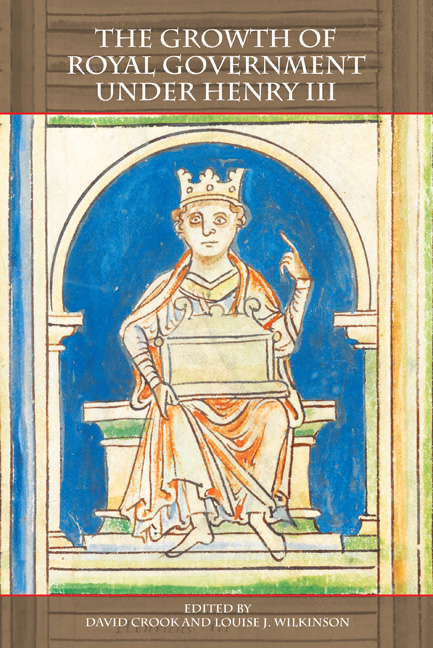1 - Between Magna Carta and the Parliamentary State: The Fine Rolls of King Henry III, 1216–72
Published online by Cambridge University Press: 13 April 2021
Summary
If a fire in The National Archives at Kew was spreading towards the Chancery rolls, and there was time to save only one portion of them from the thirteenth century, without question I would save the fine rolls of the reign of Henry III. Far more than any other rolls from the period, they reflect fundamental changes in the nature of kingship, government and society, changes in that hinge period between the implantation of Magna Carta into English life and the development of the parliamentary state. The other Chancery rolls of this time – those recording charters, letters patent and letters close – remain much the same across the reigns of John and Henry III, apart that is from the hiving off of the financial business of the close rolls into a separate liberate roll. The fine rolls, by contrast, change absolutely. More than the other series, they illustrate the growth in record-keeping, that movement ‘from Memory to Written Record’, which is the subject of Michael Clanchy's classic book. The fine rolls also illustrate two of the central developments of Henry's reign: on the one hand, the increase in the benefits of monarchy with the huge expansion of the common law; on the other, the decline in the burdens of monarchy because Magna Carta made it so much more difficult to extract money from the king's subjects in an arbitrary fashion. Indeed, the fine rolls, more than any other source, demonstrate the triumph of Magna Carta and thus show the need for a new monarchy in the thirteenth century. The king had now to find alternative sources of revenue, the most obvious and lucrative being general taxation. Since such taxation, as the 1215 Magna Carta made clear, needed the general consent of the kingdom, here were the origins of the tax-based parliamentary state. Given the burgeoning benefits of the common law, one might think that Henry III was well placed to conciliate local society and secure the consent of parliament to taxation. In fact, of course, such was the unpopularity of his rule that after 1237 he never succeeded in doing so. In 1258 a great revolution stripped him of power and carried through wide-ranging reforms of local government.
- Type
- Chapter
- Information
- The Growth of Royal Government under Henry III , pp. 9 - 29Publisher: Boydell & BrewerPrint publication year: 2015
- 11
- Cited by



